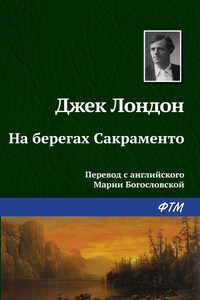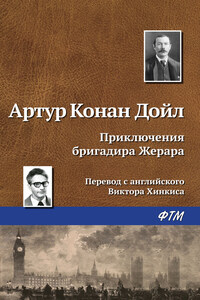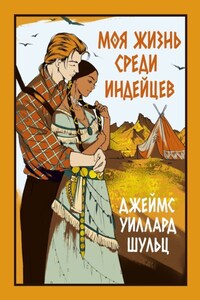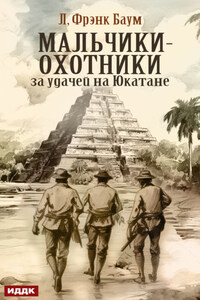There can be few topics as difficult to confront for an American author as the mythology attached to George Washington. If there is a topic as difficult, it is surely those issues surrounding blacks and slavery in Colonial America. The combination of the two may provide an obstacle so far beyond my merits as an author as to be insurmountable.
Rather than seeking to excuse any failures, however, I would prefer to lull the reader with a few assurances. The events of this book are firmly rooted in history; for indeed, Washington’s life was so well chronicled (by his own hand, among many others) that it could not be otherwise. I have tried to portray the life of black slaves equally well, based on the handful of contemporary accounts of survivors of that pernicious system. And the events of the American Revolution occurred very much as chronicled here. The British did not inevitably fight in long straight lines, the Americans were not all “Patriots”, and the results of the struggle gave birth not just to the United States, but to Canada as well.
To those hard truths let me add one other. All society of the day was hierarchical; all men, black or white, had superiors and inferiors, and expected certain behavior of each, and all too many were content that it be so. They were different. I have tried to portray this throughout, but I shall leave you to judge the result.
Slaves, obey in all things your masters according to the flesh, not with eyeservice, as menpleasers, but in singleness of heart, fearing God. And whatsoever you do, do it heartily, as to the Lord, and not unto men; knowing that of the Lord ye shall receive the reward of the inheritance, for ye serve the Lord Jesus Christ. But he that doeth wrong shall receive for the wrong which he hath done, and there is no respect of persons.
Masters, give unto your slaves that which is just and equal; knowing that you also have a Master in heaven.
COLOSSIANS 3:22-25
Great Kanawaha, Ohio country, October 26, 1770
The tall man’s horse started at the distant shot, and he curbed it firmly, his attention on the woods around him. The sun, far overhead, pierced the canopy of trees with beams that played in shifting patterns on the autumn mold of the forest floor. For a moment his thoughts were in another forest, and the sound of other shots rang in his ears. His horse’s uneasiness communicated itself to the rest of the horses in the party.
“Hunter?” The other white man stood in his stirrups, as if a few inches of height would improve his view of the woods.
The tall man’s attention returned to the horses.
“Pompey, if you can’t control that animal I’ll have you walk.”
The black man so addressed wheeled his horse in a tight circle, murmuring all the while. His horse stopped fidgeting. The whole party grew still.
The second shot was farther away, the low thump of a musket.
“Crogan said we’d find a hunting camp.” The tall man ran his eyes over the rest of his party and touched his heels to his horse’s flanks, moving off at a trot. He already seemed focused on a distant goal, but the other men, black and white, cast their eyes nervously on the woods around them as they moved off on the narrow track. He slowed his horse to a comfortable walk and flowed in next to the other white man.
“No point in hurry, Doctor. We’ll need Nicholson to talk to them.”
The doctor seemed oppressed by the shots, but if the tall man noticed it, he gave it no heed.
“You were speaking of the price of tobacco, Colonel.”
“So I was, Doctor. Probably dwelling on it more than is healthy. But if the price continues to fall, we’ll all have to find another crop or see our sons debtors.”
“You’ve planted wheat, sir?” Dr. Craik was always a little diffident with Washington, who was not just his friend but frequently his patron.
“Indeed. I don’t grow tobacco except to cover expenses, but my tenants are old-fashioned men and need to see a thing done many times before they’ll consider it. I am confident that the soil will support it. And the price is better, whether I sell it in the Indies or grind it myself.”
“It could make a difference, sure enough.”
“I doubt it. The Virginia gentry are too used to easy money from tobacco to settle for a hard living on wheat.”
“Perhaps the price will rise in time, sir.”
“Oh, it may. But there are bills due now. I’ve had two bills refused in London, on very worthy men, at that. Gentlemen. They write bills to cover the cost of my smith and the like, you know. And those bills were refused. Very alarming.”
“Ho’se behin’ us, suh.”
“Thank you, Pompey. Good ears, as usual. That would be Nicholson,” he said. “And I sold Tom. Did I tell you that?”








